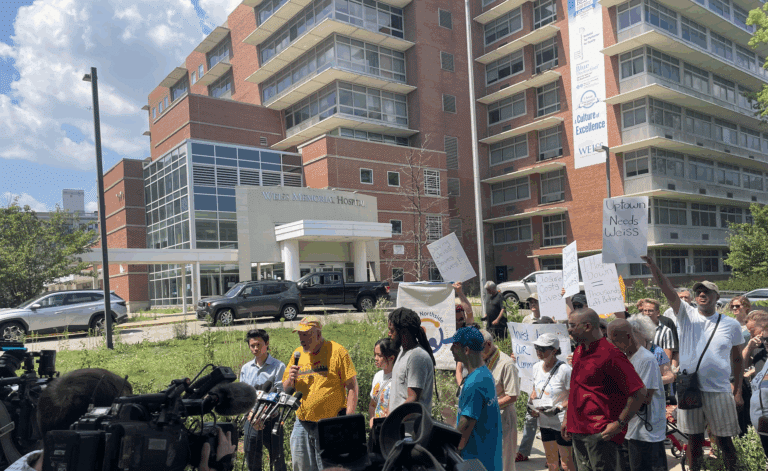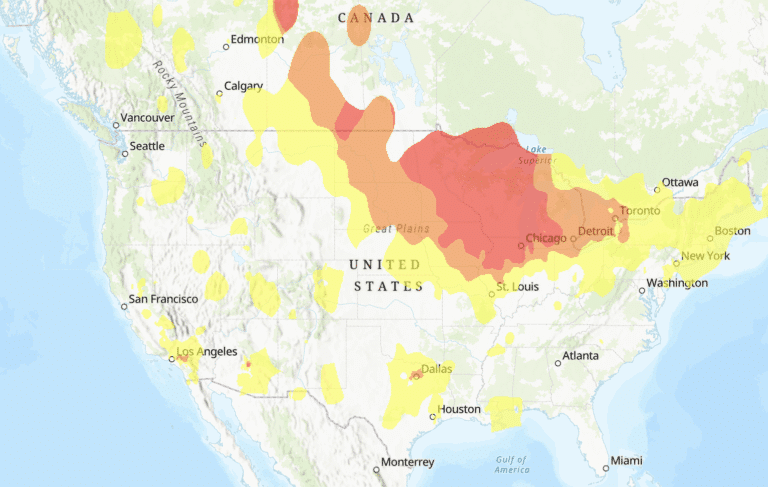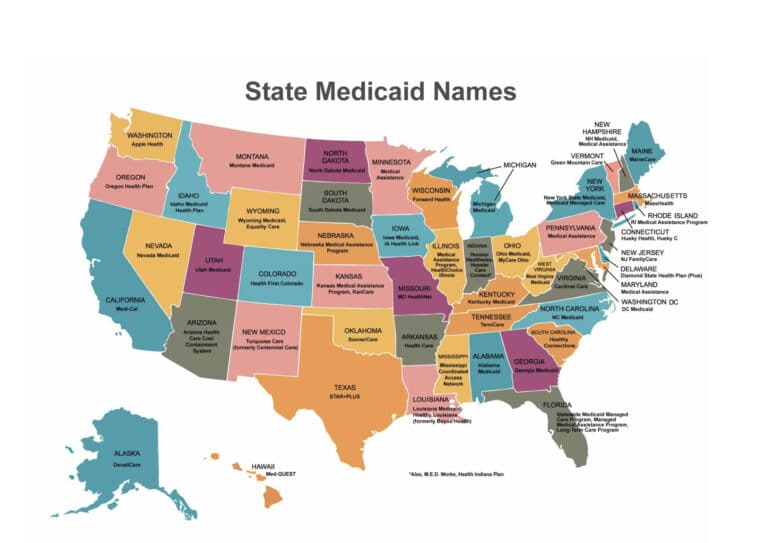By Joan Bengtson, M.D., Tribune Content Agency
Q: Even when my bladder is not full, I can’t control myself. I’m only 19. What would cause this problem in a young woman?
A: Most likely, you have a condition doctors call overactive bladder (OAB). It’s common and often causes poor bladder control (urinary incontinence).
A woman with an overactive bladder has a sudden and strong urge to urinate. Sometimes the urge is so strong that urine starts to flow before she can reach the toilet. Other women with OAB have a frequent need to urinate. Still others may have to get up from bed throughout the night to pass urine. These symptoms can be quite disruptive.
It’s not clear what causes some women to develop OAB. It may be helpful to think of it as a condition in which the bladder and brain are not “in synch.”
As the bladder fills, nerve signals generate a reflex that causes the bladder to empty. With infants, this happens automatically, allowing the bladder to empty whenever necessary. After toilet training, the bladder reflex is under the conscious control of the brain. This allows for social control of emptying.
Overactive bladder happens when the bladder tries to empty without the brain’s permission. The result is the uncomfortable sense of urgency and loss of control.
Certain substances can irritate the bladder, making it unwilling to wait for permission to empty. To curb this, try cutting back on caffeinated beverages, citrus and alcohol.
Your doctor may recommend timed “voiding drills. This is a behavioral treatment in which you would urinate on a consistent clock schedule. Over time, this will help get your brain and bladder functions coordinated. You can also take medicine to help quiet excessive bladder activity so the brain can more easily be in control.
All women with persistent bladder symptoms should see their doctor. He or she can evaluate you to exclude an infection and other conditions that could cause similar symptoms.
Most women with OAB achieve relief of symptoms with treatment. However, it may take time to find the best therapies for you.
(Joan Marie Bengtson, M.D., is assistant professor of obstetrics, gynecology and reproductive biology at Harvard Medical School and a member of the Department of Obstetrics, Gynecology and Reproduction at Brigham and Women’s Hospital, Boston, Mass.)
(For additional consumer health information, please visit www.health.harvard.edu.)
(c) 2015 PRESIDENT AND FELLOWS OF HARVARD COLLEGE. ALL RIGHTS RESERVED. DISTRIBUTED BY TRIBUNE CONTENT AGENCY, LLC.














